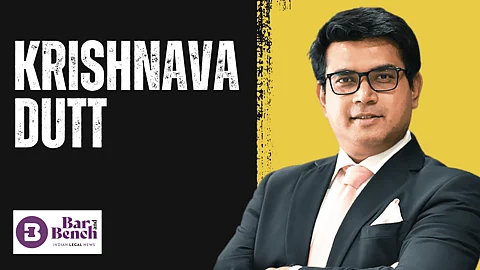
- Latest Legal News
- News
- Dealstreet
- Viewpoint
- Columns
- Interviews
- Law School
- Legal Jobs
- हिंदी
- ಕನ್ನಡ

Krishnava Dutt set up Argus Partners in 2009. The full-service law firm with offices in Mumbai, Delhi, Bengaluru and Kolkata recently adopted a modified lock-step model, with a view to bringing in transparency, fairness and clarity in its progression.